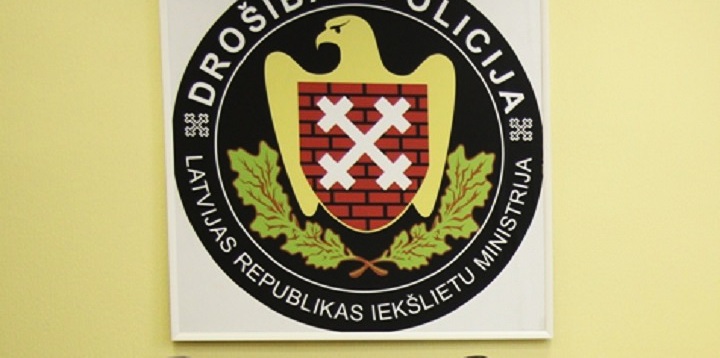Last year one asylum seeker was deported for "possibly being associated with terrorism," said a part of a DP annual report on its activities without giving details of who the individual was or which terror groups he was suspected of having links to.
"During the reporting period one asylum seeker was deported from Latvia, because there was a reasonable suspicion that the person is linked to foreign terrorist groups," DP said.
The incident occurred before the start of the European Union program to distribute thousands of refugees from the Mddle East and North Africa throughout the 28-member bloc.
According to DP information, 310 persons applied for asylum in Latvia last year.
In contrast with pervious years when the majority of applicants came from Georgia, Ukraine and Russia, in 2015 the largest number of asylum seekers came from Iraq - 86 persons.
Among the asylum seekers were also nationals from Syria, Pakistan and Afghanistan, in which Daesh, Al Qaeda and other groups are active.
Although the number of asylum seekers Latvian is relatively small and actually declined in 2015, plus the flow of refugees over the EU's eastern border is much less than over the EU's southern border, there is a risk that radicals could enter the country posing as asylum seekers, the DP indicated.
Criminal cases have also been launched against three Latvian citizens over their alleged participation in armed conflict in Syria, DP reported.
"Information at our disposal suggests that several Latvian citizens are in terrorist-controlled areas of Syria... it is also reasonable to assume that some of the combatants are dead," DP stated.
But at present there is no reason to believe there is an organized network sending fighters to Syria and Iraq from Latvia, DP said.
Extreme right-wing groups would likely attempt to use the refugee crisis to their own advantage, DP predicted.
However, a far greater proportion of the DP's annual report concerned efforts by Russia to influence events in Latvia by means of soft power, and media and information manipulation.
Much of the language used by DP in its report strongly echoed similar findings by NATO's Strategic Communication Center of Excellence, which is based in Riga, and investigations into Russian influence in the Baltic states by the Re:Baltica investigative journalism center, which recently produced a documentary film titled The Master Plan on the subject.





























